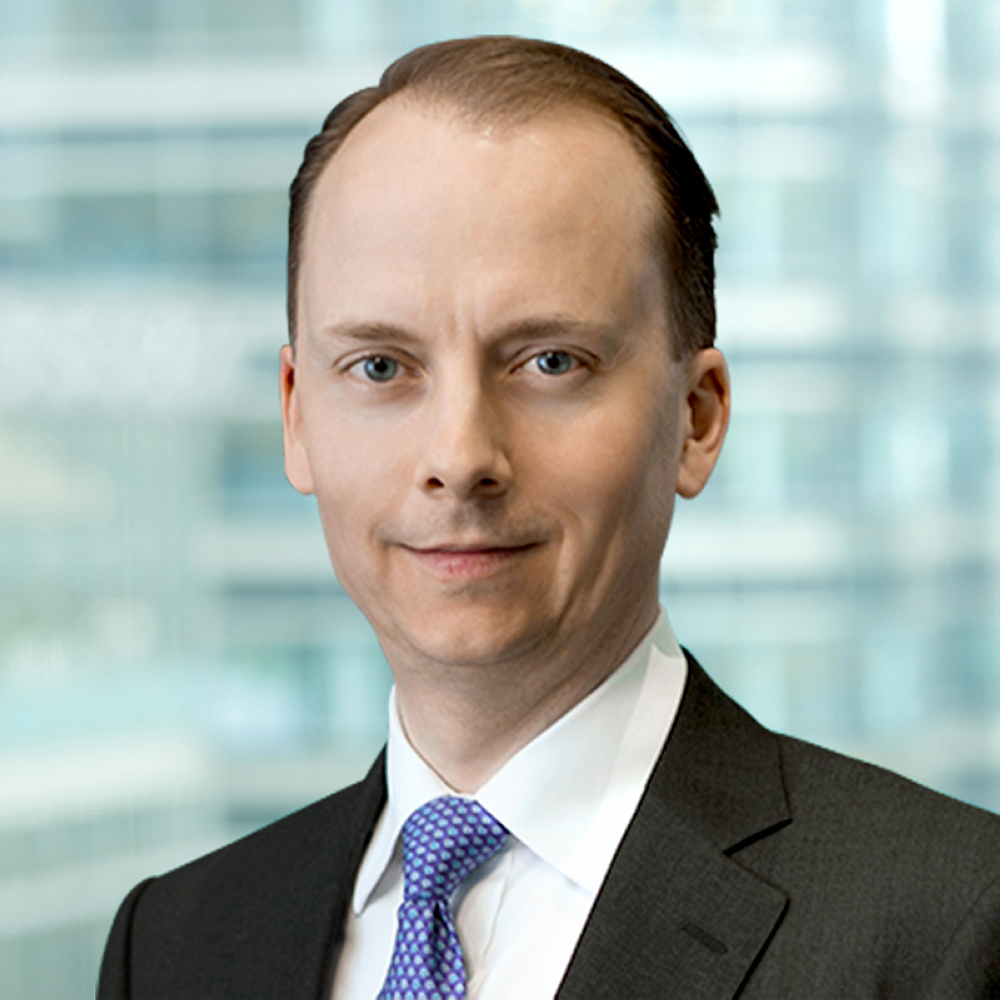
Stephen Moss, Regional CEO, Middle East, North Africa and Turkiye, HSBC.
As the region’s leading transaction bank, HSBC “continues to grow its digital footprint and capabilities” across the country in support of the Qatar Central Bank’s digital strategy, noted Stephen Moss, Regional CEO, Middle East, North Africa and Turkiye, HSBC.
“Financing of the region’s new economic models and energy transition is at the heart of the opportunities we see ahead,” Moss told Gulf Times in an interview.
“As the world’s largest trade bank with a network covering 90% of the world’s trade and capital flows, combined with our long-standing presence in the region, we are uniquely placed to help our clients navigate the inbound and outbound opportunities in the Middle East.
“The Qatar Free Zone Authority (QFZA) is one such example. As one of the most significant developments to support economic transformation, the QFZA is opening up great opportunities for new companies to establish a presence in Qatar. HSBC became the first bank to establish a presence in the QFZA in 2020, offering advanced digital services to the free zone’s more than 200 investors.”
Another fast-growing area attracting international investment is infrastructure, which has received a boost from the emergence of public-private partnerships (PPPs).
The size of the Gulf’s giga project pipelines, estimated to be worth approximately $3tn, reflects the extent of the opportunity.
“The PPP model has been mainly focused on power and utilities sectors in the Middle East but we are now seeing it expand to fulfil much broader infrastructure requirements, with social infrastructure a major recipient. That is good news for international investors,” Moss said.
Asked how important the Middle East to HSBC’s strategic growth ambitions is, Moss said: “The Middle East’s investment-led significant economic transformation drive, Asia’s economic dynamism, and the necessity of creating sustainable economies are coming together to create very substantial business opportunities. HSBC, positioned at both ends of the Middle East-Asia corridor and with more than a century of history in each, is directly supporting clients to capitalise on this megatrend.
“The bright spots are plenty and according to HSBC research, annual two-way goods trade between the two regions is projected to more than double from around $950bn in 2022 to over $1.9tn by 2035.
“Take here in Qatar, for example, which has witnessed accelerated trade and investment with Asia, with China becoming Qatar’s largest import and export partner. The country’s sovereign wealth fund, the Qatar Investment Authority, has invested $1bn in India’s Reliance Retail Ventures and has stated its intention for further public and private investments in China’s retail, healthcare, tech and logistics sectors.
“There is clearly more to come; last week Hong Kong and Qatar signed an agreement to increase connectivity between the financial hubs, a move which will include sharing best practices and facilitating training to promote business.
“In short, billions of dollars of trade and investment are flowing between Asia and the Middle East. HSBC is uniquely positioned to connect clients in the two regions, and to use our long established on the ground presence, track record, and heritage at either end of the corridor to support new business and investment.”
He said the four pillars of the Qatar National Vision 2030 - economic, human, environmental and social development- provide clear opportunities for HSBC to contribute.
HSBC Qatar actively invests in recruiting, developing, and retaining local Qatari talent. Qatari nationals currently make up 37% of HSBC’s total workforce in Qatar and the bank has a strong pipeline of Qatari talent, which it continually invest in.
About future outlook for HSBC in Qatar, Moss stated: “As one of the first banks in Qatar, HSBC has helped lay the foundations of the banking and finance industry and played a part in several milestone developments.
“Our growth story in Qatar is aligned directly to the country’s economic transformation, which has been shaped by visionary leadership – both in government and in institutions such as the Qatar Central Bank.”
Across the Middle East, he noted HSBC covers $3.5tn of GDP, $2.6tn of trade, and processes $1.1tn of customer payments every year.
“We support the region’s largest transactions and connect global investors to the Gulf’s fast-growing capital markets.
“It is this perspective, which continues to give us great optimism about the outlook for the country, and the wider region and which makes HSBC truly proud to be celebrating our 70th anniversary in Qatar this year.”

